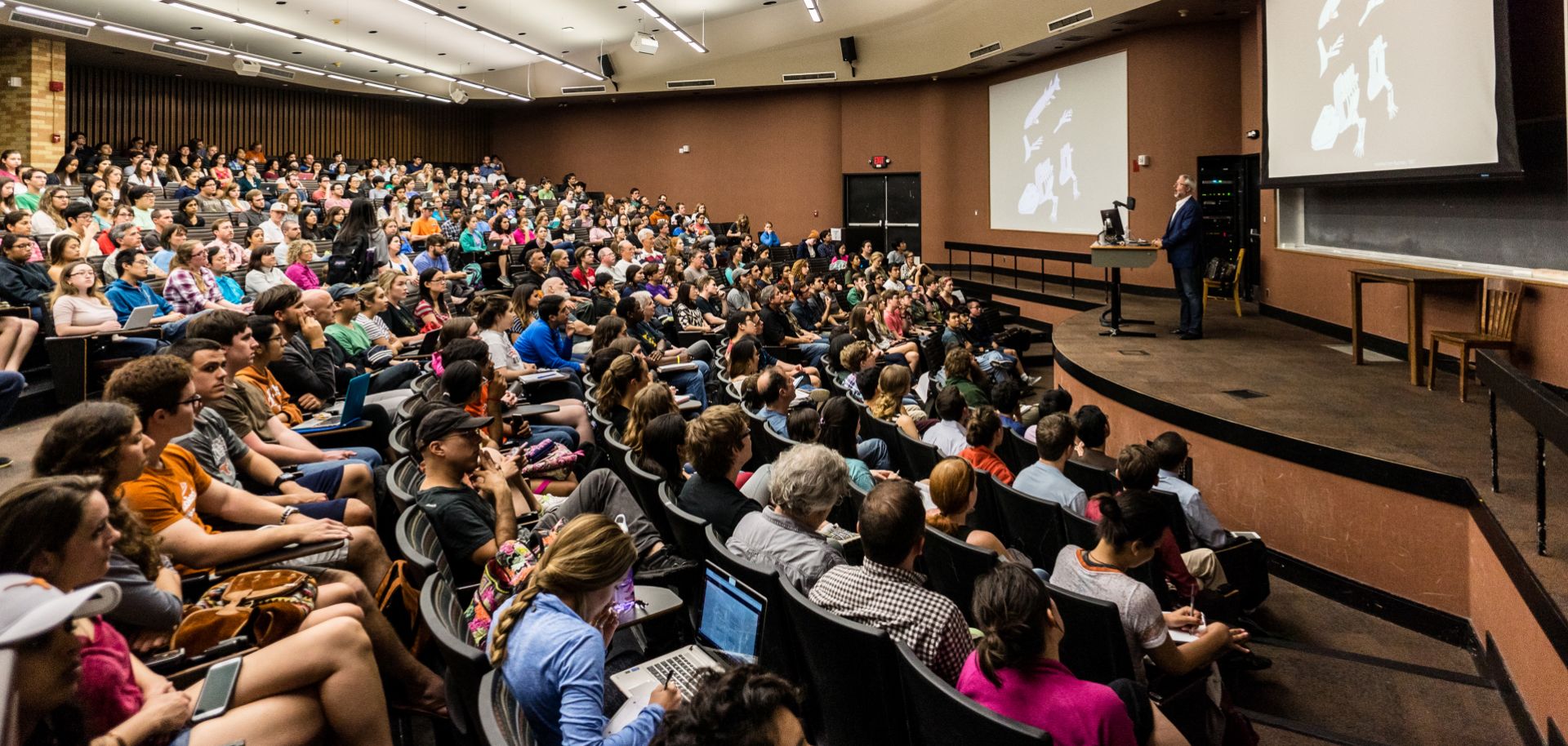GLOBAL PERSPECTIVES
As Academic Freedom Teeters, Will the Old Become New Again?

Oct 12, 2018 | 06:30 GMT

Almost half of American academics were tenured in 1975; by 2015, the figure was 25 percent, and full-time positions now make up just half of the total.
(Shutterstock)
Highlights
- Academically free universities have provided tremendous economic and cultural benefits to the United States and the West.
- Despite the success of the modern university, increasing numbers of people seem to see academically free universities as a luxury they no longer wish to support.
- Online education probably will dominate in a world without academically free universities, while top-tier institutions will focus on providing an expensive, individually tailored education to the children of the global elite.
- American institutions seem well placed to control new platforms and revenue flows, though the question likely to arise is whether the loss of academic freedom is something to be wished for.
Subscribe Now
SubscribeAlready have an account?
